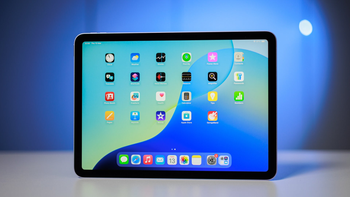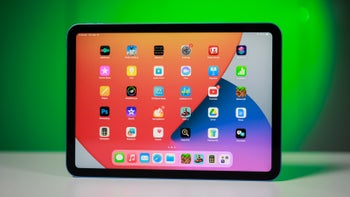The coronavirus pandemic is not stopping T-Mobile from improving and expanding its 5G network

The coronavirus pandemic couldn't have come at a worse time for T-Mobile, which rushed to close its long-in-the-works merger with Sprint before securing all necessary regulatory approvals in order to avoid certain financial difficulties arising from the public health crisis that might have made the deal impossible.
Of course, the spread of COVID-19 also forced Magenta to shut down a vast majority of its stores across the nation in a crucial attempt to keep both employees and customers safe, but if you feared the "Un-carrier's" network improvement efforts were severely impacted as well, that doesn't appear to be the case, at least for now.
T-Mo claims its "network build is continuing and on track" thanks to "heroic teams that are working so hard to keep pushing forward", conducting "necessary network activity to both maintain our network and expand network capacity - be that LTE or 5G."
In case you're wondering how all of that is possible while so many Americans are out of jobs, forced to work from home (if they can), or furloughed indefinitely, the answer is wireless services are considered "essential." The same goes for whatever work goes into maintaining and expanding said services, including T-Mobile's efforts of combining its current low-band 5G technology with Sprint's incredibly important mid-band spectrum.
The latter technology is widely expected to help "New T-Mobile" close the existing 5G speed gap to Verizon while retaining a huge advantage in coverage, which could ultimately propel the newly formed carrier to the number one spot in subscribers.
Obviously, none of that is going to happen overnight, but T-Mo has already started deploying Sprint's mid-band 5G spectrum in a couple of places, and by the looks of things, the coronavirus pandemic will not slow down these "transformative" rollouts.
At the same time, it's certainly nice to hear that the "Un-carrier" also remains focused on improving its 4G LTE speeds in addition to expanding and revamping its 5G network, as many customers in both large cities and rural areas are still heavily reliant on an "old" signal, according to various reports and studies.














Things that are NOT allowed: